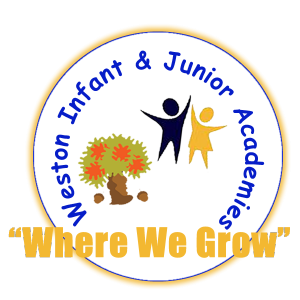Purpose of study – Taken from the National Curriculum
English has a pre-eminent place in education and in society. A high-quality education in English will teach pupils to speak and write fluently so that they can communicate their ideas and emotions to others, and through their reading and listening, others can communicate with them. Through reading in particular, pupils have a chance to develop culturally, emotionally, intellectually, socially and spiritually. Literature, especially, plays a key role in such development. Reading also enables pupils both to acquire knowledge and to build on what they already know. All the skills of language are essential to participating fully as a member of society; pupils who do not learn to speak, read and write fluently and confidently are effectively disenfranchised.
What your child will learn
The teaching of English includes the development of Reading, Writing – including the mechanics of handwriting, the conventions of grammar and spelling rules. English also includes speaking and listening in all its modes. It underpins the school curriculum by developing children’s abilities to speak, listen, read and write for a wide range of purposes; using language to learn and communicate, to think, to explore and organise.
At the Weston Federation, we focus on supporting your children to write at word level, sentence level and at text level. This means we support with spelling and writing of words and phrases, the structure and punctuation of sentences, and the format and style of different types of writing, such as newspaper articles, reports, diary entries or recounts.
How your child is assessed
At the end of Key Stage 1 (Year 2) and Key Stage 2 (Year 6), your children are assessed against a national, standardised set of criteria called the Teacher Assessment Frameworks. Click on the links below to see these:
Key Stage 1: https://www.gov.uk/government/publications/teacher-assessment-frameworks-at-the-end-of-key-stage-1
Key Stage 2: https://www.gov.uk/government/publications/teacher-assessment-frameworks-at-the-end-of-key-stage-2
Children in Foundation Stage are assessed by their teacher using the Early Years Framework. This document contains the criteria for what your child is working towards in each milestone. Click on the link below to see this:
Foundation Stage: https://assets.publishing.service.gov.uk/government/uploads/system/uploads/attachment_data/file/974907/EYFS_framework_-_March_2021.pdf
National Curriculum Programme of Study
The document below (taken from the Department for Education) describes what your child should learn in English over their primary education.
Subject Aims
There are 7 aims from the National Curriculum relating to English. The writing ones are as follows:
- appreciate our rich and varied literary heritage
- write clearly, accurately and coherently, adapting their language and style in and for a range of contexts, purposes and audiences
- use discussion in order to learn; they should be able to elaborate and explain clearly their understanding and ideas
- are competent in the arts of speaking and listening, making formal presentations, demonstrating to others and participating in debate.
Click here to see the full document of subject aims – Subject aims for the whole curriculum
Please see our phonics and reading page for details of the aims of reading: westonfederation.co.uk/phonicsandreading
